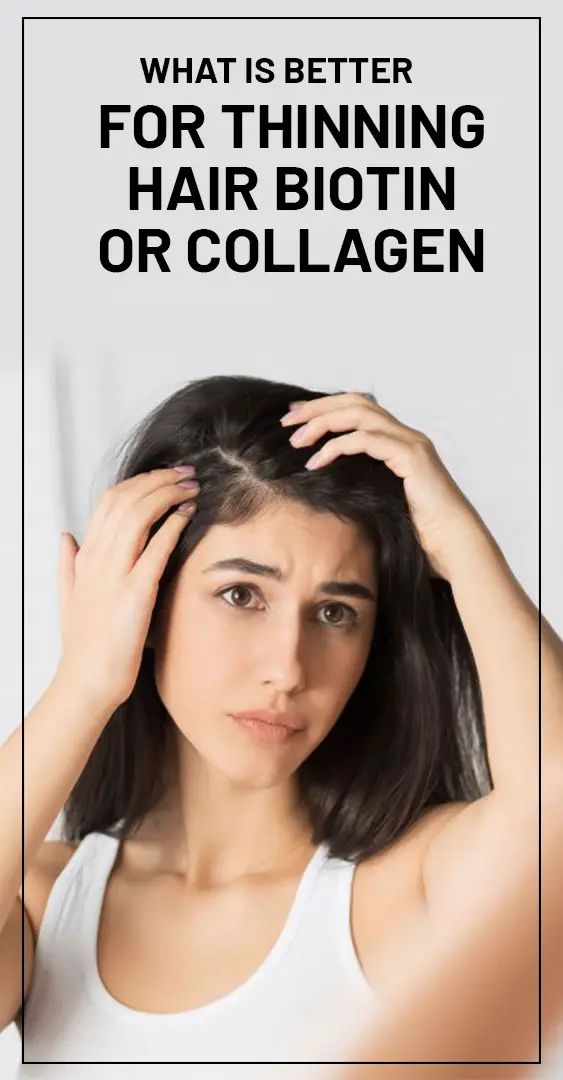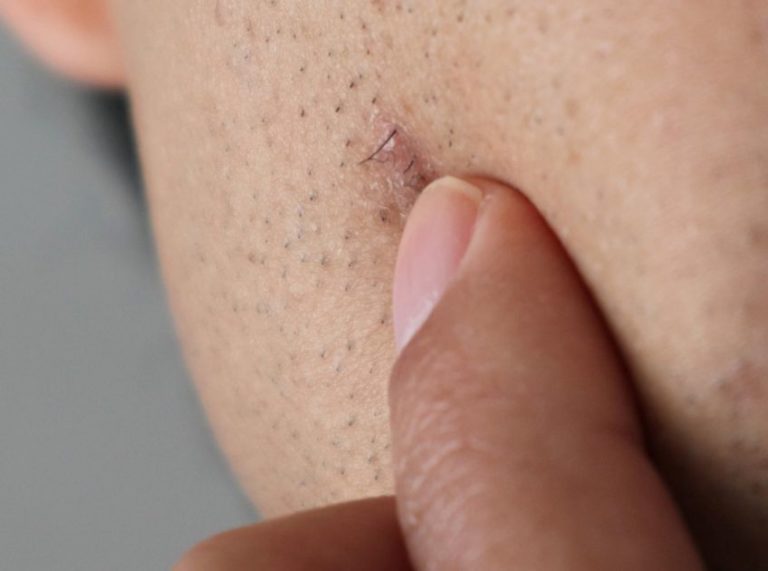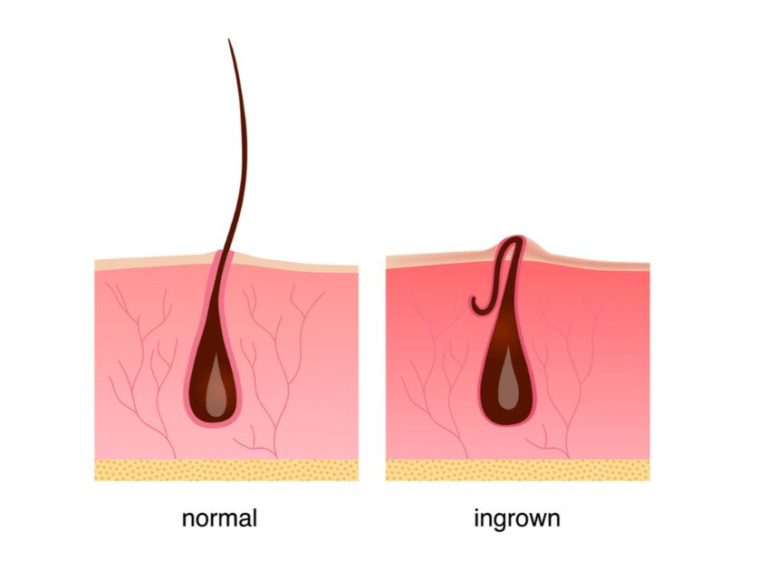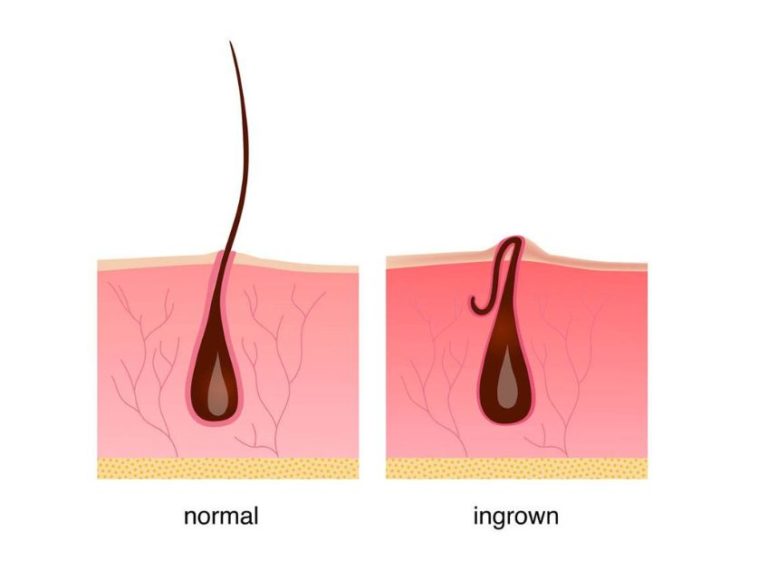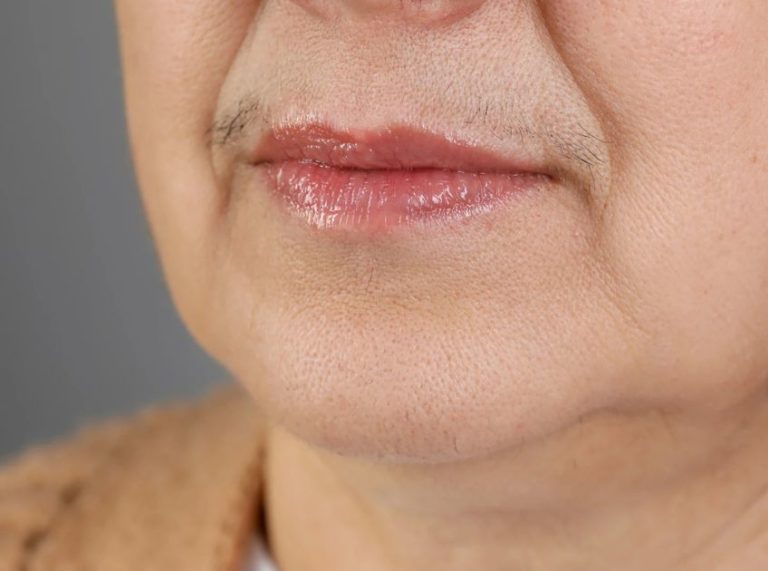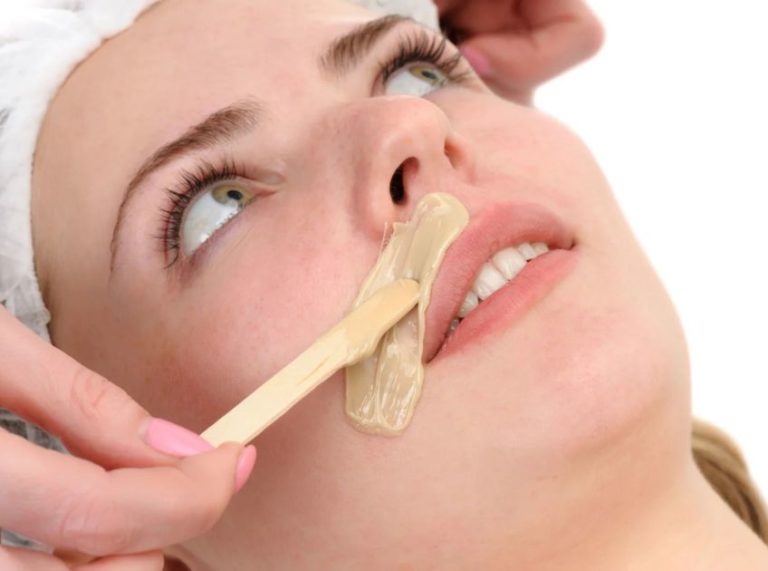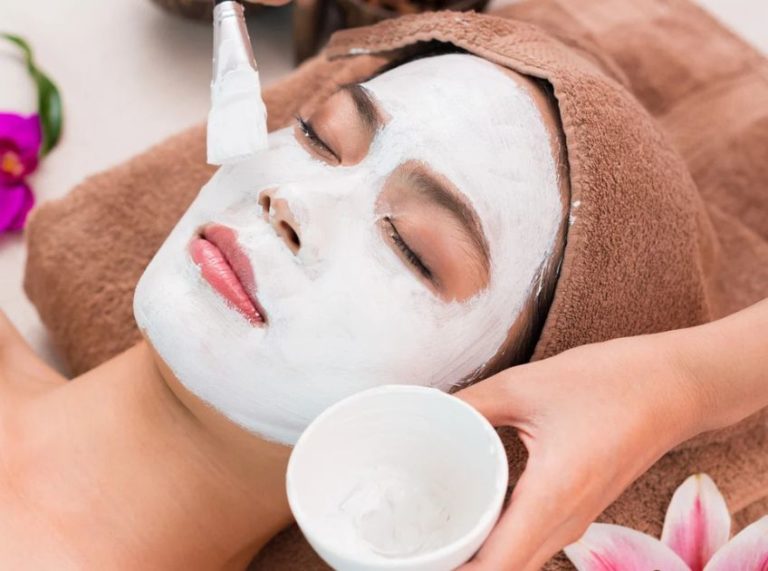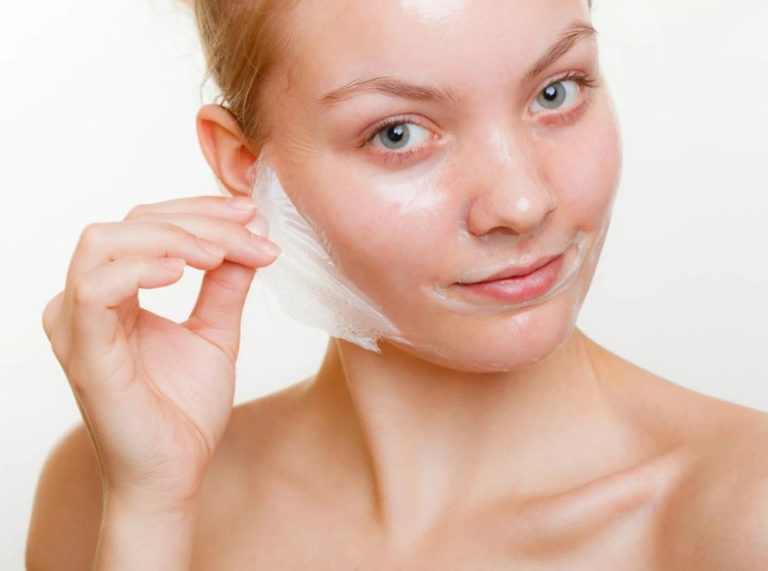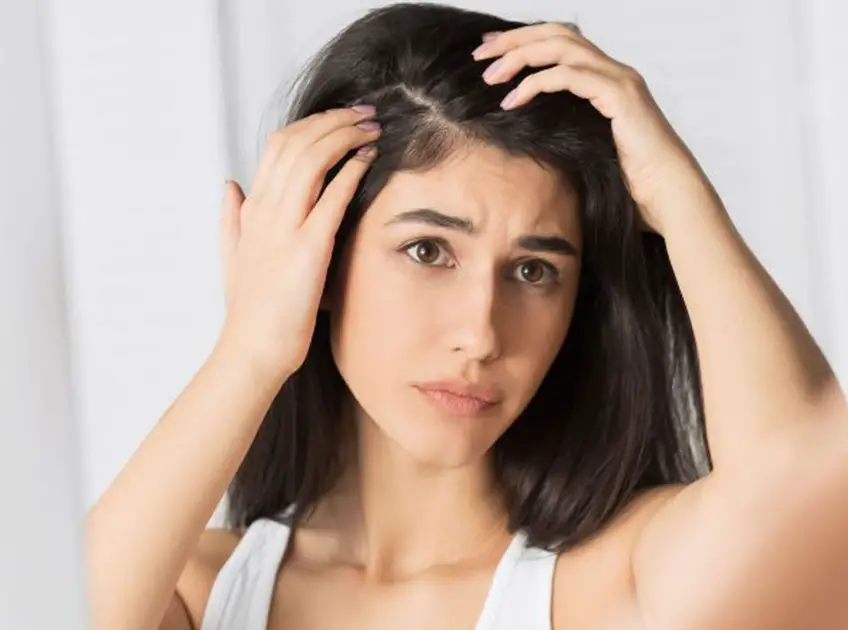
Important: This article is for informational purposes only. Please read our full disclaimer for more details.
Biotin is a vitamin, while collagen is a protein. Both have their own set of advantages for hair and skin; however, to decide Which is better for thinning hair, biotin, or collagen, it is important to learn more about them.
Collagen is a protein in connective tissues, skin, tendons, bones, and cartilage. It gives strength and elasticity to the bones and muscles, making them stronger and more flexible.
On the other hand, biotin is a vitamin that the human body cannot make. Therefore, it becomes essential to get it from another source.
Irrespective of how you take collagen and biotin (supplement or natural source), they benefit the skin and hair, improving their health considerably.
Let’s dig a little more and learn the differences and benefits of biotin and collagen.
Article Contains
- Better For Thinning Hair Biotin Or Collagen
- What Is The Difference Between Biotin And Collagen?
- What Is Better For Thinning Hair Biotin Or Collagen?
- Can We Take Both Biotin And Collagen?
- Are There Any Risks And Side Effects Of Collagen Or Biotin?
- How Can You Include More Biotin And Collagen In Your Diet?
Better For Thinning Hair Biotin Or Collagen
What Is The Difference Between Biotin And Collagen?
Collagen- Collagen helps to form the extracellular matrix that helps skin and hair get their structure and shape.
When we are young, the body produces enough collagen to upkeep the skin and hair healthy. However, as age advances, collagen production slows down. Simultaneously, the collagen already presents in the skin starts breaking at a faster rate than the body produces it.
It is one of the reasons why as we age, the skin starts loosening elasticity and firmness, and hair starts getting dull and less bouncy. Apart from this, less collagen also causes thinner skin, fine lines, and wrinkles. Also, it slows wound healing.
Biotin- Biotin is a vitamin that the body doesn’t make itself. Therefore, getting it from foods or supplements becomes essential.
Biotin accelerates the process of protein formation by helping various enzymes metabolize fatty acids, amino acids, and glucose. If there is a deficiency of biotin, hair loss, brittle nails, and skin infections become pronounced.
It is the reason why the intake of collagen and biotins as food or supplements is vital to have healthy skin and hair.
What Is Better For Thinning Hair Biotin Or Collagen?
As we have now understood, biotin is more important to manage hair issues, including hair thinning. Taking biotin supplements can reduce hair loss significantly.
Besides reducing hair loss, biotin also helps regrow hair and improve hair health. Different studies have revealed that biotin has helped people recover their hair health and regain lost hair.
However, most of these studies were done in a small population, so the evidence is weak, and we can’t confidently say that biotin alone can help with hair thinning. Still, there are no side effects of biotin supplementation, so you can take it without hesitation.
Can We Take Both Biotin And Collagen?
Yes, you can take biotin and collagen, as their intake has no risk or side effects. They will only help in improving skin and hair health.
Are There Any Risks And Side Effects Of Collagen Or Biotin?
Biotin- Usually, there are no side effects, but a higher dose of biotin may alter certain test results. It may hamper the result of hepatitis, HIV, thyroid, Vitamin D, and b-HCG.
Therefore, if you are undergoing any tests, inform your doctor about your biotin intake. The doctor may recommend stopping the supplement until the test is complete.
Collagen- Since collagen occurs naturally in the body, it is unlikely to cause any serious health issues. Usually, there are no side effects of taking collagen supplements.
However, ensure the supplement doesn’t have any ingredient to which your body is allergic. If any such ingredient is present, it is better to avoid it to prevent negative effects.
How Can You Include More Biotin And Collagen In Your Diet?
Poor nutrition is one of the most common reasons for hair thinning. Nutrient deficiencies and health issues can deteriorate hair health. Lack of proteins, vitamins, and carbohydrates is the culprit behind the lack of hair growth hormones.
Therefore, having a nutrient-rich diet is all it takes to combat most hair issues, including hair thinning.
You can easily add biotin to your diet as it is found in common foods like eggs, meat, beef liver and pork chop, and fish, such as salmon, milk, almonds, whole-wheat bread, apples, cheddar cheese, and plain yogurt.
However, to include collagen in your diet, you need to take supplements as it can only be found as peptides in powders, capsules, and chewable supplements. You can also try adding more food with collagen-building blocks and amino acids into your diet.
Other than this, different plant foods like nuts, legumes, seeds, and soy products also contain glycine, proline, and hydroxyproline, which are the amino acids that help the body make collagen.
So, by consuming them, you are indirectly helping the body boost collagen production and improve skin and hair health.
[ Read: How to Treat Hair Thinning Naturally ]
Final words
Both biotin and collagen have positive effects on hair health. While the body produces collagen, biotin needs to be taken from food sources. So, if you are experiencing hair thinning, biotin supplements will help tremendously.
At the same time, you should not forget to include food products that accelerate collagen production. Together, these two-biotin and collagen, work wonders in improving hair health and combating hair thinning.
You Might Also Like:
- Oziva Biotin Review- Ultimate Product For Healthy And Lustrous Hair
- Vitamin E Oil For Hair – Benefits and How to Use It?
- 5 Best Homemade Hair Conditioners – Benefits + How to Use?
- Damaged Hair – Causes, Home Remedies & Precautions
- How to Detox Your Scalp for Healthy Hair at Home?
- Onion Juice For Hair: Benefits & How to Use
